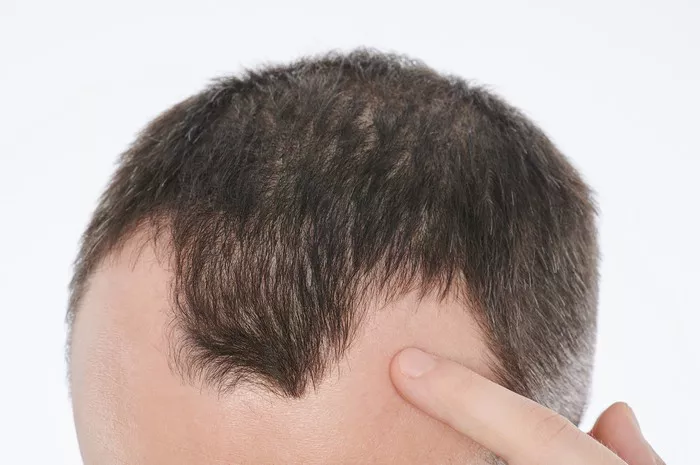Hair loss is a common concern that affects people of all ages and genders. While there can be various causes for hair loss, one significant factor that often goes overlooked is nutritional deficiency. The human body requires a range of vitamins and minerals to maintain optimal health, and when certain essential nutrients are lacking, it can manifest in the form of hair loss. In this article, we will explore the key nutritional deficiencies that are associated with hair loss.
1. Iron Deficiency: The Silent Culprit
Iron deficiency is one of the leading causes of hair loss. Iron plays a crucial role in carrying oxygen to the hair follicles, promoting their growth and strength. When the body lacks sufficient iron, a condition known as iron deficiency anemia can develop, leading to weakened hair and increased hair shedding. It is particularly common in women, especially during menstruation, pregnancy, and breastfeeding.
To combat iron deficiency, it is essential to consume iron-rich foods such as lean meats, leafy green vegetables, and fortified cereals. Iron supplements may also be recommended by healthcare professionals in cases of severe deficiency.
2. Vitamin D: The Sunshine Vitamin for Healthy Hair
Vitamin D, often referred to as the “sunshine vitamin,” is crucial for various bodily functions, including hair health. Research suggests that low levels of vitamin D are associated with hair loss and alopecia. This essential vitamin helps in the activation of hair growth receptors, and its deficiency can lead to hair thinning and increased hair fall.
To address vitamin D deficiency, spending time outdoors in sunlight, consuming vitamin D-rich foods like fatty fish and fortified dairy products, and taking supplements under medical guidance can be beneficial.
3. Vitamin A: Balancing Act for Hair Growth
While vitamin A is vital for promoting overall health, an excess of it can lead to hair loss. Striking the right balance is crucial, as both deficiency and excess can negatively impact hair growth. Vitamin A supports the production of sebum, an oily substance that moisturizes the scalp and keeps hair healthy. However, an overdose of vitamin A can lead to hair thinning and loss.
Maintaining a well-balanced diet with foods rich in vitamin A, such as sweet potatoes, carrots, and spinach, can help prevent deficiency without reaching toxic levels.
4. B Vitamins: The Hair Growth Dream Team
The B-vitamin complex, including Biotin (B7), B5, B6, and B12, is often hailed as the dream team for hair growth. These vitamins play a crucial role in the production of red blood cells, which carry oxygen and nutrients to the scalp and hair follicles. Biotin, in particular, is widely recognized for its role in maintaining healthy hair.
To ensure an adequate intake of B-vitamins, include foods such as eggs, nuts, seeds, and leafy green vegetables in your diet. If needed, supplements can be considered under the guidance of a healthcare professional.
5. Zinc: The Trace Element for Hair Health
Zinc is a trace element that plays a crucial role in hair tissue growth and repair. A deficiency in zinc can lead to hair thinning and increased shedding. This essential mineral is involved in the synthesis of DNA and RNA, key processes for hair follicle function.
Include zinc-rich foods like oysters, nuts, and whole grains in your diet to prevent deficiency. Zinc supplements may be recommended for those with severe deficiencies, but it’s essential to consult a healthcare professional before self-prescribing.
Conclusion: Nourishing Your Hair from Within
In conclusion, the health of your hair is intricately linked to the nutritional choices you make. A well-balanced diet that includes a variety of vitamins and minerals is essential for maintaining healthy hair and preventing hair loss. Regular intake of iron, vitamin D, vitamin A, B-vitamins, and zinc can go a long way in nourishing your hair from within.
If you are experiencing significant hair loss or suspect a nutritional deficiency, it is crucial to consult with a healthcare professional. They can conduct tests to identify any deficiencies and provide personalized recommendations to address your specific needs. By taking a proactive approach to your nutritional well-being, you can promote not only a healthy head of hair but also overall vitality and wellness.


